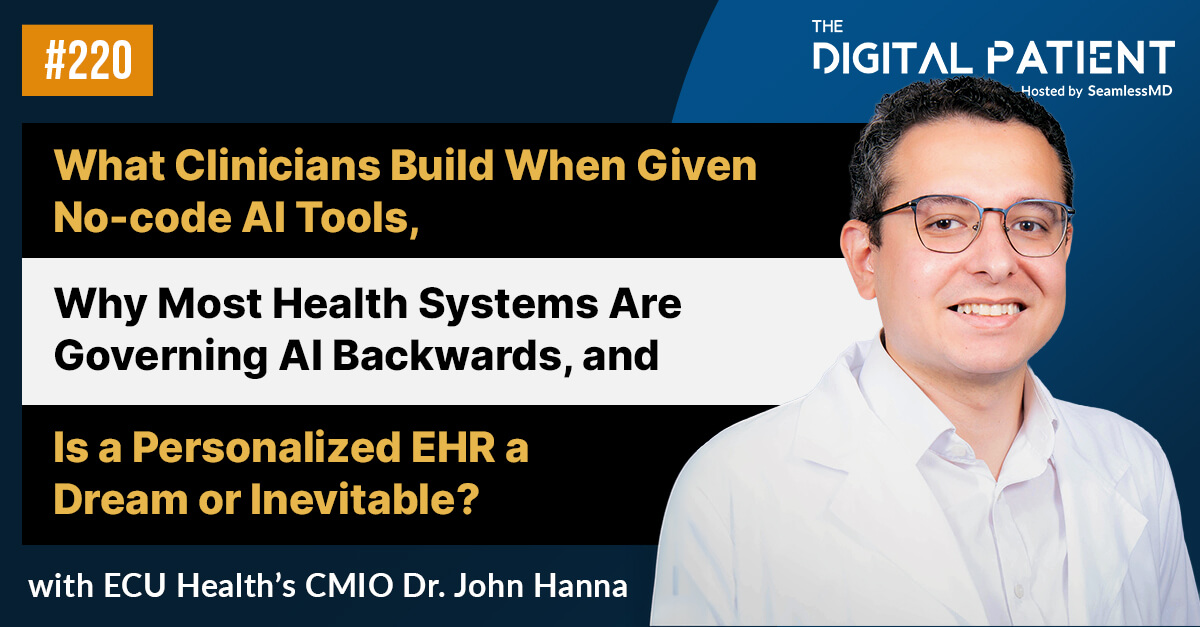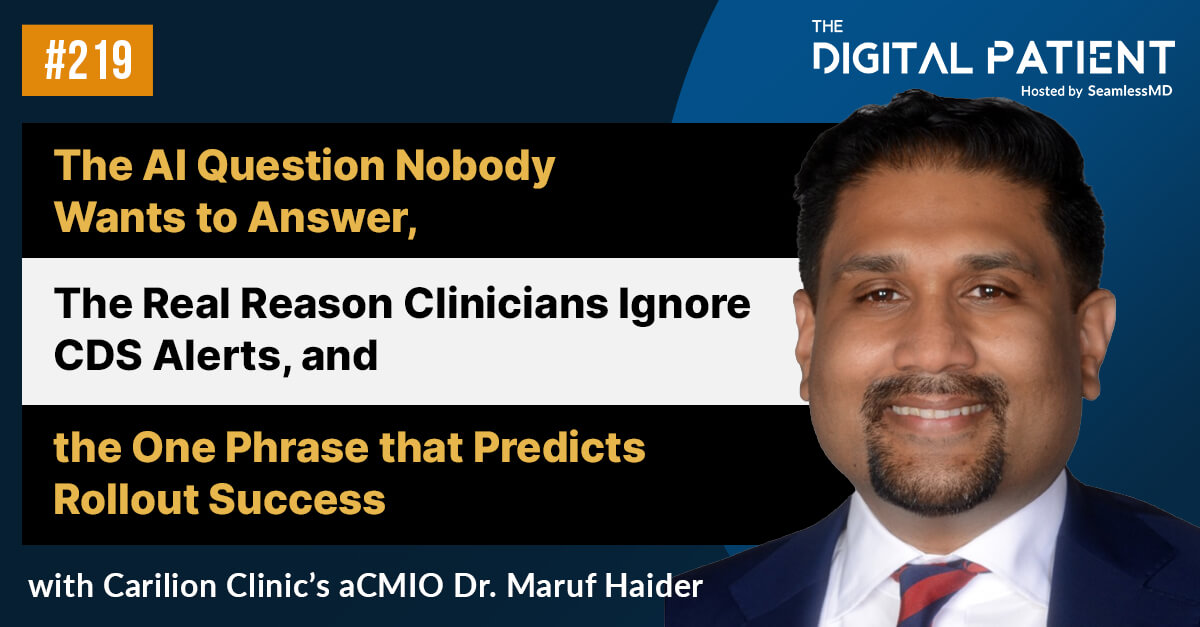St. Paul's Hospital is a teaching and research hospital located in downtown Vancouver, Canada. The colorectal team established an Enhanced Recovery After Surgery (ERAS) program in 2016 to reduce LOS and opioid use, and to provide patients with evidence-based surgery and care protocols. In an effort to further reduce LOS and improve the patient experience, St. Paul's Hospital implemented SeamlessMD's Optimal Care platform. The platform allows St. Paul's Hospital to deliver timely education to help their patients self-manage – pre and post surgery – and to collect ERAS compliance and patient-reported outcomes.
With SeamlessMD, the colorectal team at St. Paul's Hospital has reduced the average patient length of stay (LOS) by 2.38 days (an improvement of 27.8%). The team is enthusiastic about the results.
Click here to read the full St. Paul's SeamlessMD case study.About SeamlessMDSeamlessMD enables health systems to elevate the patient experience, improve health outcomes, and lower costs through innovative patient technology. Patients are kept on track with care plans using an App (accessible on their phone, tablet, and/or computer) which guides them from preparation through recovery with reminders, tasks, multimedia education, progress-tracking and surveys which allows you to collect real-time patient-reported outcome data such as ERAS compliance, intervene sooner for patients at-risk, and drive quality improvement across the organization. Research completed by academic medical centers has shown SeamlessMD to reduce hospital length of stay, readmissions, ER visits, and costs. For more information, please visit: www.seamless.md
.svg)









.png)
